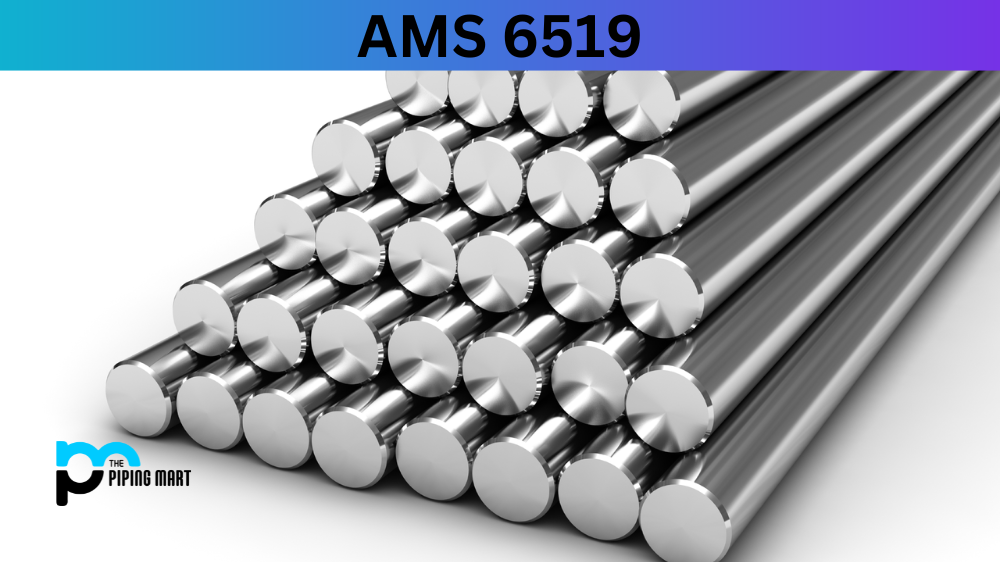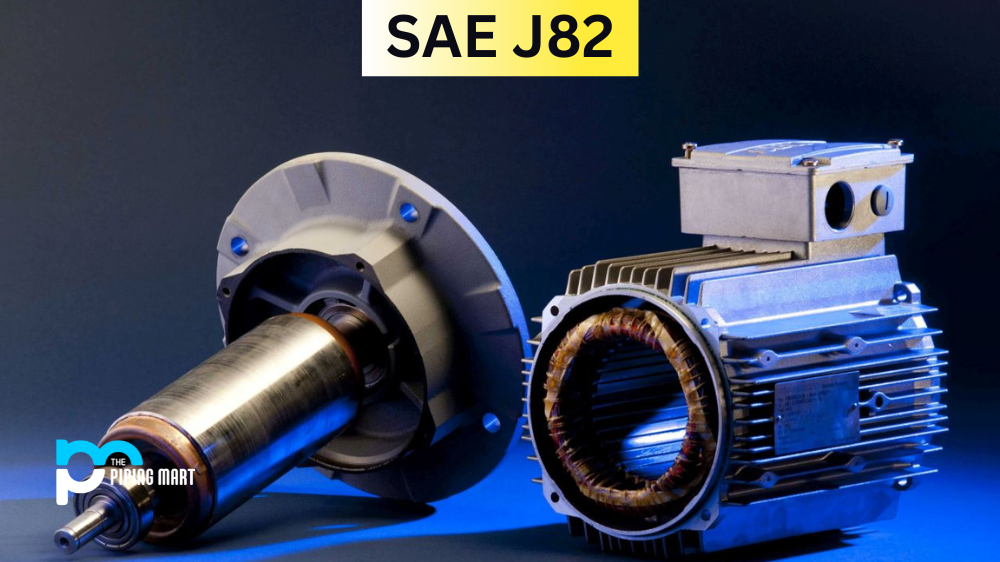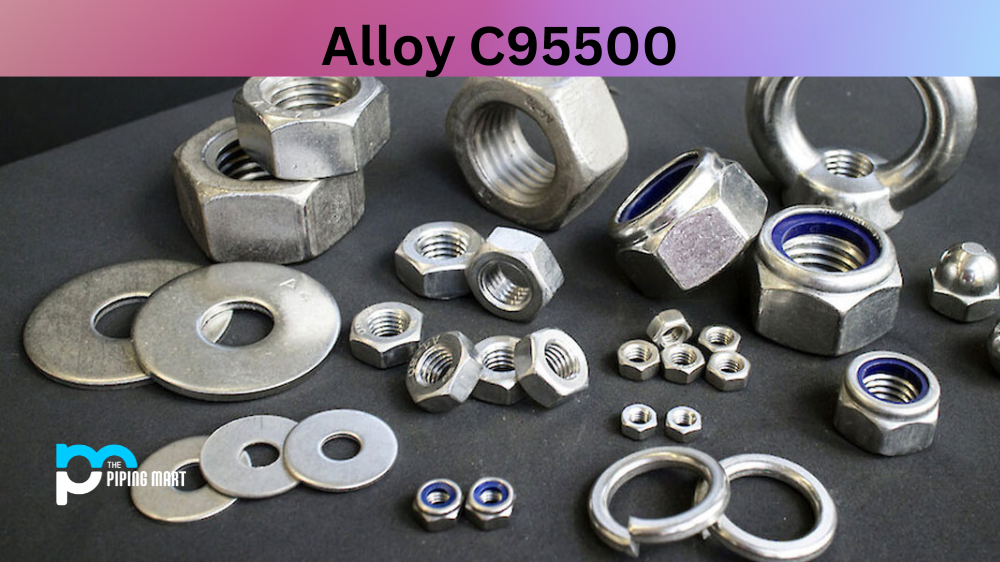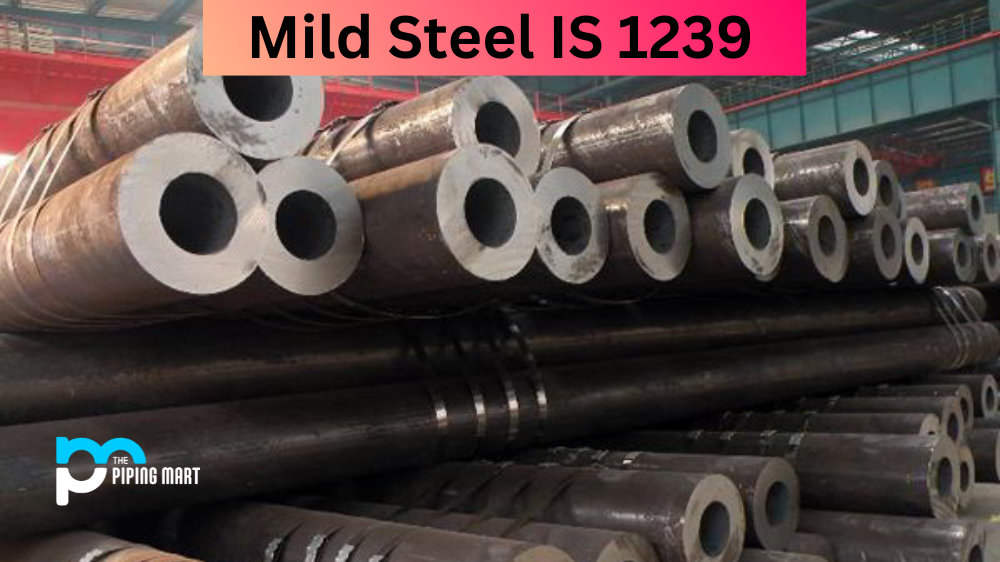Regarding the manufacturing and engineering industries, AMS6519 holds a significant place. It is a popular standard specification that defines the properties and characteristics of low alloy steel bars. AMS 6519 (also known as 250 Maraging Steel) is widely used in different industrial applications and offers several benefits over traditional materials. This blog post will dive deeper into understanding AMS6519, its composition, physical and mechanical properties, applications, and heat treatment.
What is AMS 6519?
If you’re in the world of manufacturing or engineering, chances are you’ve come across the term “AMS 6519” at some point. This specification outlines the requirements for alloy steel commonly used in aircraft and aerospace components. While the details of the specification can get technical, understanding its application in the industry is crucial for anyone in the field. Let’s look at what AMS 6519 involves and its significance in aerospace.
AMS 6519 Composition
AMS 6519 is a low-alloy steel that contains chromium, molybdenum, and vanadium as alloying elements. It also contains different percentages of carbon, manganese, sulfur, phosphorus, and silicon. The alloying elements in AMS 6519 enhance the steel’s strength, toughness, and wear resistance. The composition of AMS 6519 makes it a perfect alloy for applications that require high strength and durability.
| Element | Content (%) |
|---|---|
| Iron, Fe | 68 |
| Nickel, Ni | 18.5 |
| Cobalt, Co | 7.5 |
| Molybdenum, Mo | 4.8 |
| Titanium, Ti | 0.4 |
| Aluminum, Al | 0.1 |
| Silicon, Si | ≤ 0.10 |
| Manganese, Mn | ≤ 0.10 |
| Carbon, C | ≤ 0.030 |
| Phosphorous, P | ≤ 0.010 |
| Sulfur, S | ≤ 0.010 |
| Zirconium, Zr | 0.01 |
| Boron, B | 0.003 |
AMS 6519 Physical Properties
AMS 6519 possesses excellent physical properties, making it suitable for industrial applications. The steel alloy has a density of 7.85 g/cm3 and a melting point of 1420-1465°C. Moreover, it has a moderate thermal conductivity and coefficient of thermal expansion. The high-temperature strength and corrosion resistance make AMS 6519 one of the most preferred alloys in the industry.
AMS 6519 Mechanical Properties
AMS 6519 offers high strength, hardness, and wear resistance, making it ideal for critical applications. The steel’s ultimate tensile strength is 120 ksi, and its yield strength is 90 ksi. AMS 6519 has a decent elongation rate of around 15%, and its impact strength can reach 100 J. Moreover, AMS 6519 can withstand high-temperature environments without losing strength or toughness.
| Properties | Metric | Imperial |
|---|---|---|
| Tensile strength | 965 MPa | 140000 psi |
| Yield strength (@strain 0.200 %) | 655 MPa | 95000 psi |
| Bulk modulus (typical for steel) | 140 GPa | 20300 ksi |
| Shear modulus (estimated from elastic modulus) | 73.0 GPa | 10600 ksi |
| Elastic modulus | 190 GPa | 27600 ksi |
| Poisson’s ratio (calculated) | 0.3 | 0.3 |
| Elongation at break (in gage length of 4.5 times the square root of area) | 17.00% | 17.00% |
| Reduction of area | 75.00% | 75.00% |
| Hardness, Brinell (converted from Rockwell C hardness) | 290 | 290 |
| Hardness, Knoop (converted from Rockwell C hardness) | 311 | 311 |
| Hardness, Rockwell C | 30 | 30 |
| Hardness, Vickers (converted from Rockwell hardness) | 301 | 301 |
AMS 6519 Uses
AMS 6519 is a versatile alloy used for different industrial purposes. It is mainly used in aircraft and vehicle components that require high strength and durability. AMS 6519 is also used to manufacture gears, shafts, and bearings that operate under high-stress and pressure environments. The alloy is commonly used in oil and gas, petrochemical, and power generation industries due to its excellent corrosion and wear resistance.
AMS 6519 Hardness
AMS 6519 has a hardness range of 321-375 HBW, making it one of the hardest steel alloys on the market. The high hardness of AMS 6519 enhances its wear resistance and durability. The hardness of AMS 6519 can be improved by heat treatment processes, which further increases the steel’s strength and toughness.
AMS 6519 Heat treatment
Heat treatment is an essential process to enhance the properties of AMS 6519. The annealing process improves the steel’s ductility and machinability, whereas the quenching and tempering process increases its hardness and strength. AMS 6519 can be heat treated at different temperatures and cooling rates, depending on the application’s requirements.
Conclusion:
AMS 6519 material is a low alloy steel with excellent physical, mechanical, and chemical properties. The composition of AMS 6519 enhances its strength, toughness, and wear resistance, making it ideal for different industrial applications. The alloy is used in high-stress and high-pressure environments and can withstand extreme temperatures without losing its properties. AMS 6519’s hardness range and heat-treatability make it one of the most preferred alloys in the market. If you want an alloy with high strength, durability, and excellent properties, consider using AMS 6519 in your next project.

Pipingmart is a B2B portal that specializes in metal, industrial and piping items. Additionally, we share the latest information and information about materials, products and various types of grades to assist businesses that are involved in this business.




